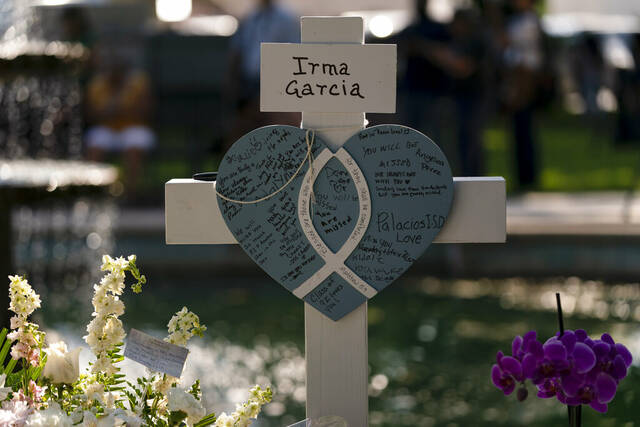Mrs. Bird didn’t speak a word of English in our first day of seventh-grade French. It’s one thing to sign up for a language that celebrates pastries and bicycle races, but it’s another thing to feel totally lost. Such was my plight for the first week of French. But I learned to concentrate harder when challenged. And to trust there was a strategy behind the teacher’s dizzying introduction.
The same was true with Dr. Akhtar. Only now I was a graduate psychiatrist in my sixth year of post-medical training. I was enrolled in a program to learn how to practice psychoanalysis, a specialized kind of psychotherapy. I was to learn about the unconscious, the powerful influence of the past and a method for listening. His approach was as overwhelming: volumes of Freud to consume, patients to understand in-depth, and my own analysis to excavate my history and its hidden pains.
What they had in common was a love for teaching. For participating in the intellectual and emotional growth of students. For committing to the preservation of their discipline and therefore investing in future generations. For Mrs. Bird, it was spreading her love for French language and culture. For Dr. Akhtar, it was conveying his love for the aesthetics of psychoanalytic technique and its ability to heal suffering. And each wanted us to feel infected by their bug.
I learned this lesson first from my parents, both of whom were teachers. They emphasized reading, respect for school as an institution and good grades. But more important, they encouraged curiosity. My mother was an avid reader. And my father was interested in everyday applications of science: the weather, the ocean and why coins of different sizes fell through the air at the same rate. The dirtying newspaper was always around the house, sometimes turned to the sports section and sometimes to the front page.
I also remember the NYC teachers’ strike of 1968. My father didn’t work for many months, and instead drove a school bus to make ends meet. My siblings and I were thrilled to tour the town in a private mega-vehicle. Despite my parents’ anxiety, I detected a group-wide resolve on the part of teachers to improve their standing, despite short-term pain — which included sharp public criticism.
Learning about the world — the natural world in which we are immersed, the history of our species and planet, and how to coexist with the planet — has characterized the development of civilized society. From the lectures of Greek philosophers, to the recording of fine literature, to the study of physical laws defining our limits, masters have taught townspeople about our world’s mysteries. We eventually established formal settings for learning, so that people could acquire knowledge and societies could benefit from an educated populace.
So imagine my bewilderment as some fellow Americans have included teachers as an instrument of prevention against gun violence. They suggest that teachers can be trained to carry and use a gun, manage classroom panic to confront an armed intruder, and kill the assailant if necessary. The subject matter they have pondered and honed will now be expanded to include firearms and violent altercations. Our fellow Americans’ logic: Teachers’ roles should respond to our changing world, since guns have become more sophisticated and more people will rightfully own them. Only sometimes a sick person will misuse them.
What would Mrs. Bird and Dr. Akhtar say about such a proposal? They would say that guns and violent encounters aren’t their areas of interest. That these subjects are beyond their expertise. That their responsibilities are already great and adding another will be excessive. And the presence of guns in the classroom will ruin the atmosphere for learning. How can children learn when the specter of violence – causing fear and suspiciousness – hangs in the air?
They would also say that our moral compass has eroded. That the march forward should protect the well-being of our neighbors and planet. Teachers inspiringly bolster our knowledge, our thoughtfulness, our humanity. They don’t belong in a conversation about violence and its prevention, except to be figuring out how to remove these lethal machines from circulation.
Doctors have been legally prevented from striking en masse. It’s time to change that restriction. Because we are being asked by gun proponents to address the mental illness behind the killings — without an adequate public health system to identify illness. We are being asked to stitch up the victims. Teachers are being asked to serve as the last line of defense. We ought to be outraged, not bewildered. And doctors and teachers and other guardians of civility need to join forces to demonstrate it — like when the teachers struck in 1968.
Andrew Smolar, M.D., is a psychiatrist, psychoanalyst and clinical associate professor of psychiatry at the Temple University School of Medicine.








